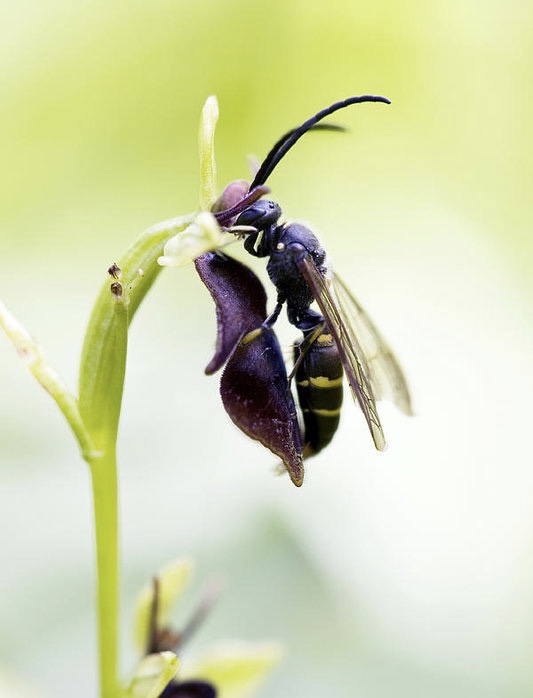A Question of Mentality
Mentality is what makes people see, accept, and think some things conceivable, but not others. It is the basis of people’s thought, something they do not question—the condition of possibility of their ideas and actions.
What is
Life Is Not Self-creative
Genesis 1 begins with an extra-cosmic
Being, Not Becoming(-with)
Furthermore, in the aforementioned creation
Human Exceptionalism
Also, the biblical God creates a (first) man and a (first) woman apart from all other creatures(*), as if they were not just another kind of animals. According to the text, they are not animals. They are (in particular the man is) made in the image of God. Hence, they are special and superior to those who, consequently, become other-than-humans.
Additionally, (hu)mankind is given control over everything. God blesses the man and the woman and says:
“Be fruitful and multiply, and fill the earth and subdue it; and have dominion over the fish of the sea and over the birds of the air and over every living thing that moves upon the earth.” . . . “See, I have given you every plant yielding seed that is upon the face of all the earth, and every tree with seed in its fruit; you shall have them for food. And to every beast of the earth, and to every bird of the air, and to everything that creeps on the earth, everything that has the breath of life, I have given every green plant for food.” And it was so. (Gen 1:28-30, RSV, my emphasis)(**)
Basically, then, you cannot be friends with your cat, your dog or your parrot; also, you cannot exactly enjoy the smell of a flower… unless you bottle it, that is. They live to serve you as food… or perfume. Even the starts exist for your calendar to be made! Thereby things are there to serve humans—utilitarianism is born.
But there is more to it. God names all that he creates—in fact, he creates all things by commanding them to be, thus naming them. And, at a certain point, he makes Adam name all things, as well. In this story, naming
God is above all that is—and, we can add now, humans are below God but above the rest.
Life on Earth as Punishment
Everyone knows the continuation of the story. God prohibits the man and the woman to eat from a special tree. Eve transgresses this interdiction. Adam sins due to her. And, as a consequence, God tells him
“Because you have listened to the voice of your wife, and have eaten of the tree about which I commanded you, ‘You shall not eat of it,’ cursed is the ground because of you; in toil you shall eat of it all the days of your life.” (Gen 3:17)
Not only Adam and Eve are expelled from paradise: they are also condemned to suffer outside of it. According to this text, then, the place where you and I live is a cursed, painful, undesirable place given to us… as a punishment.
God is above all that is, humans are below God but above the rest—and, we can add now, this world is cursed.
Again, a Question of Mentality
Back to the beginning, then: what makes possible today deforestation and the extinction of vegetal and animal species to a previously-unmatched extent? The modern mentality, that is to say, the Christian mentality behind it. For it strips nature from its self-creative powers and it makes the world a place that needs to be subjugated in order to be suitable for man. When the world is nothing but dust and humankind is in the position of superiority and control, ecosystems can be massively destroyed, air can be polluted, seas can be acidified… Whatever happens to the “outside” world does not affect humans so much, as they were created in the image of a god that, even being dead, once successfully placed them apart from, and above, whatever else.
Further reading: Carolyn Merchant, Reinventing Eden: The Fate of Nature in Western Culture.
(*) The word “creature” (Latin creatura) means “that which is created.” Donna Haraway proposes the alternative word “critters,” which does not really sound to me like a suitable substitution. As for the term “being” (from the Greek ontos, “that which is”) it is, in turn, overcharged with static connotations, since “being” and “becoming” are traditionally in opposition. Although the finding of a good word proves difficult, we are in need of one.
(**) Notice the wording at the beginning of the fragment: “fill the earth and subdue it; and have dominion over the fish of the sea and over the birds of the air and over every living thing that moves upon the earth” (my emphasis). Disguising this text as one that would only encourage human stewardship of nature, cannot be done but at the price of textual inconsistency; besides, substituting stewardship for subordination would maintain the problem of human supremacy over everything else ultimately intact.

